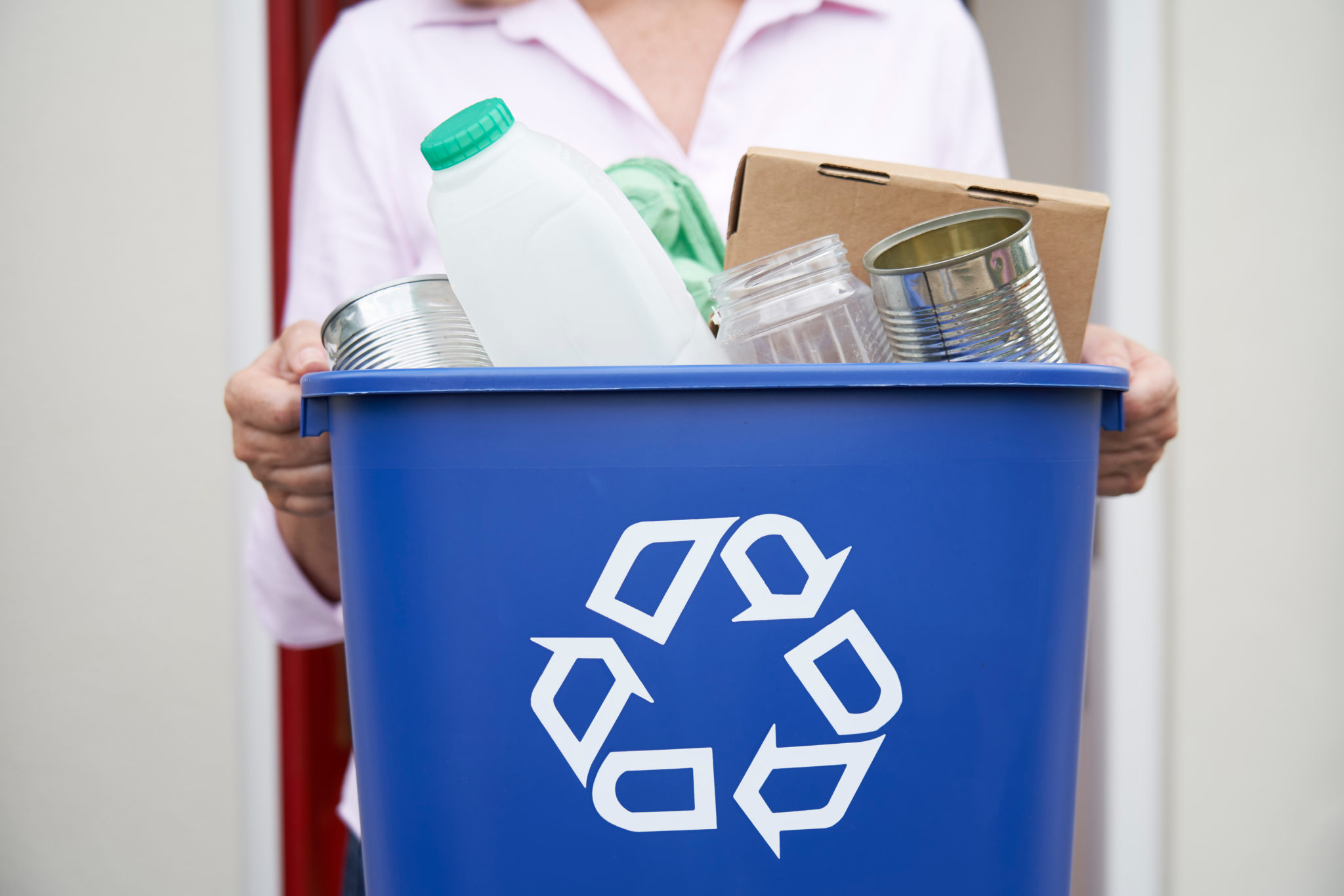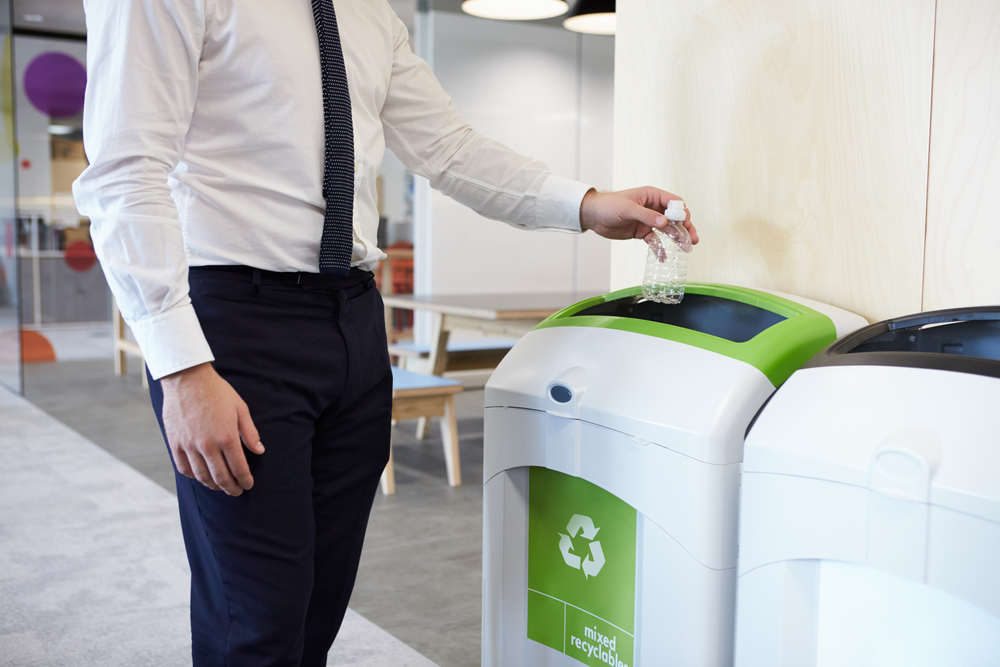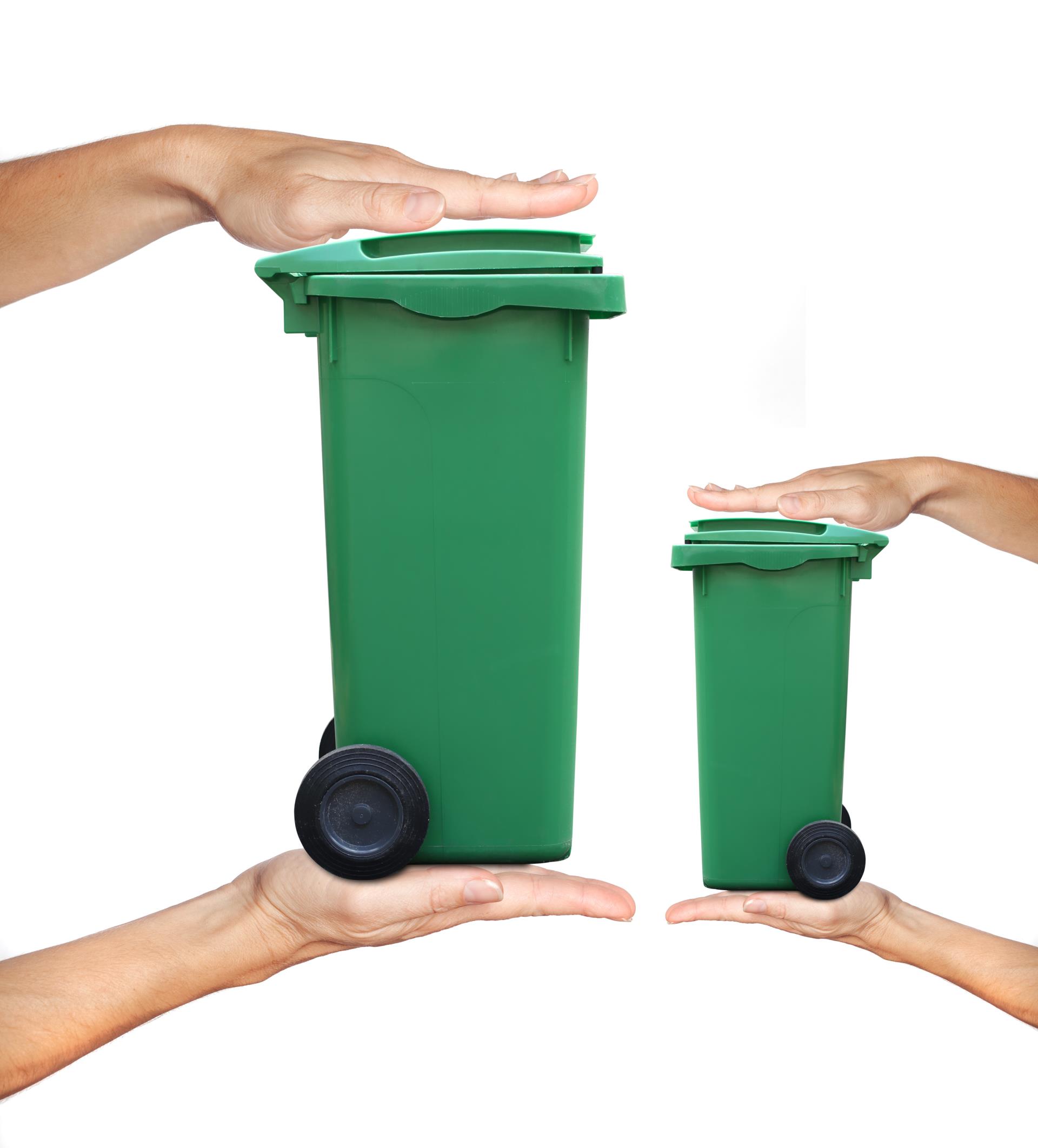Plant and facility managers struggle to maintain industrial operations within budget. With a simple quarterly inventory there are many ways to recycle and reduce waste.
Inventory should be done regularly due to the fact that industrial operations ebb and flow based on supply and demand.
One word that aids in recycling and reducing waste in industrial operations is “recapture.” Through careful recapture vigilance and a more closely measured standard for operations, recycling and reducing waste can become normal business practice.
Recapture of Spent Materials
For industrial operations that require powders and fluids, one way to maintain budgetary operations is to recapture and reuse spent materials.
For example, through the use of an industrial dust collector powders can be recaptured and reused when the dust collector is equipped with a filtration system that filters product dust for reuse such as cement, silica and sand.

In many industrial facilities where oil and other fluids are required to manufacture products, oil, water and particulate separators are ideal for separating spent oil and other fluids from captured particulate.
These are examples of way to prevent workplace illness as well as implementing pollution compliance.
Upgrade to State-of-the-art Industrial Equipment
There is no doubt obsolete industrial equipment can be one reason plant and facility budgets exceed operational costs.
By taking inventory annually of the state of equipment in use, it is possible to upgrade obsolete equipment while also providing regular efficiency testing, maintenance and calibration to determine where costly operational losses occur.
Provide Employee Awareness Programs
In order to design the most effective industrial recycling and waste reduction program it is important to provide employee awareness programs on a regular basis. These programs help employees in industrial facilities become more aware of waste reduction and how to recycle within the confines of an industrial workplace.
When there is a strong, well designed program of waste reduction and recycling, industrial costs are more readily contained. It takes a combination of management, employees and assistance from industrial roll off services to work together to reach industrial cost containment goals.
Engage Professional Roll Off Services
Keeping control of supplies and stock is accomplished by engaging professional roll off services to remove obsolete equipment, scrap and unused supplies and stock in storage areas.

Big Daddy Scrap Metal in the Chicago area (https://www.bigdaddyscrap.com/commercial-drop-off-n-pick-up) offers a broad range of roll offs in 10, 20, 30 and 40 yard sizes as well as trailers, Gaylord boxes and 55-gallon drums.
Big Daddy Scrap Metal buys and sells scrap that includes non-ferrous metals such as aluminum, stainless steel, electric motors, batteries, aluminum wheels and radiators, house wire, dirty aluminum, lead, bare bright and more. This is one of the most cost-effective ways to keep industrial operations within budget.
Convert Reusable Raw Materials
To reduce waste, consider converting to the use of reusable raw materials such as metals instead of plastics where possible. When ferrous metals begin to age, they can be sold as scrap once they are no longer useful. Not only will it be financially beneficial, but you will work to reduce your carbon footprint.

